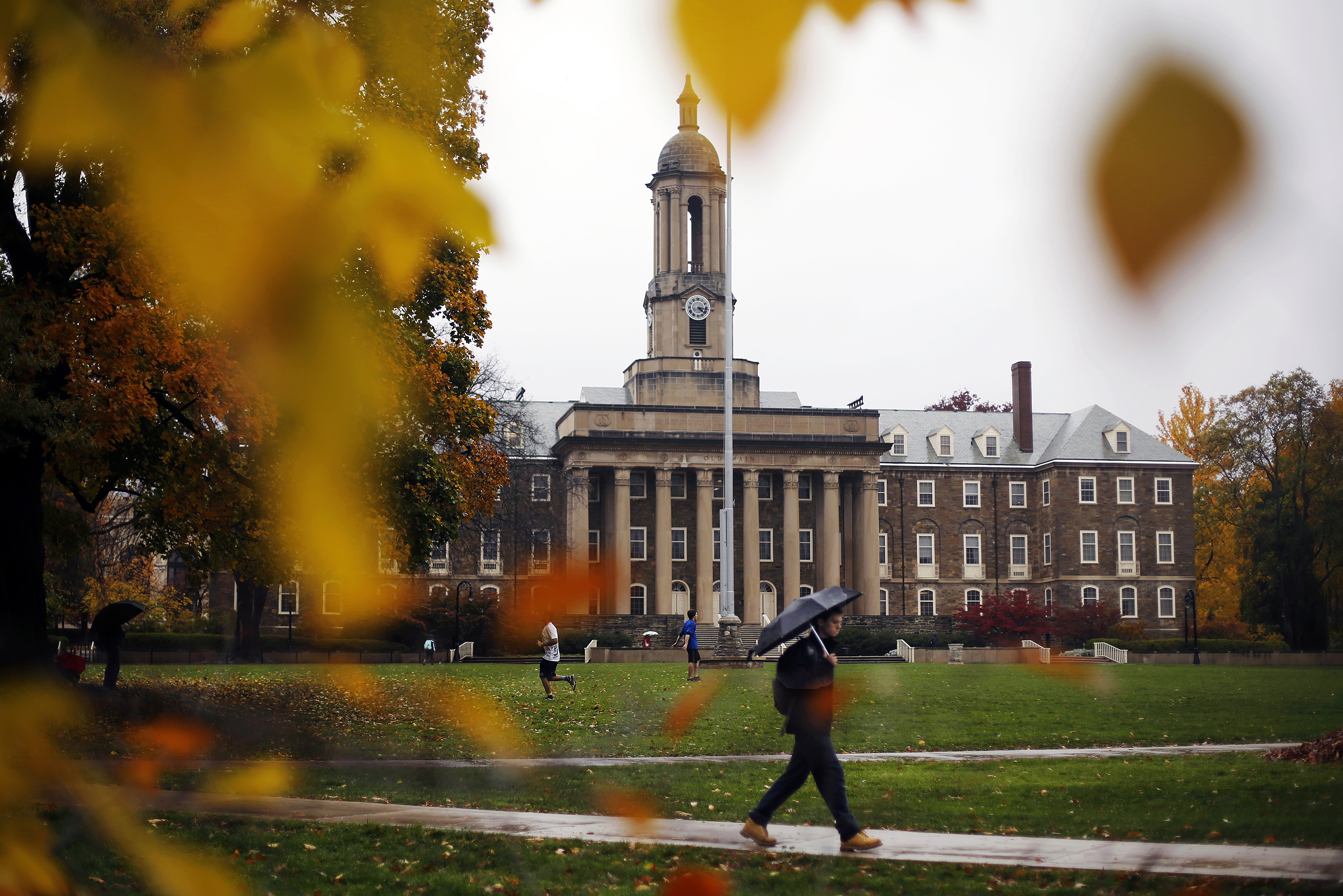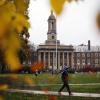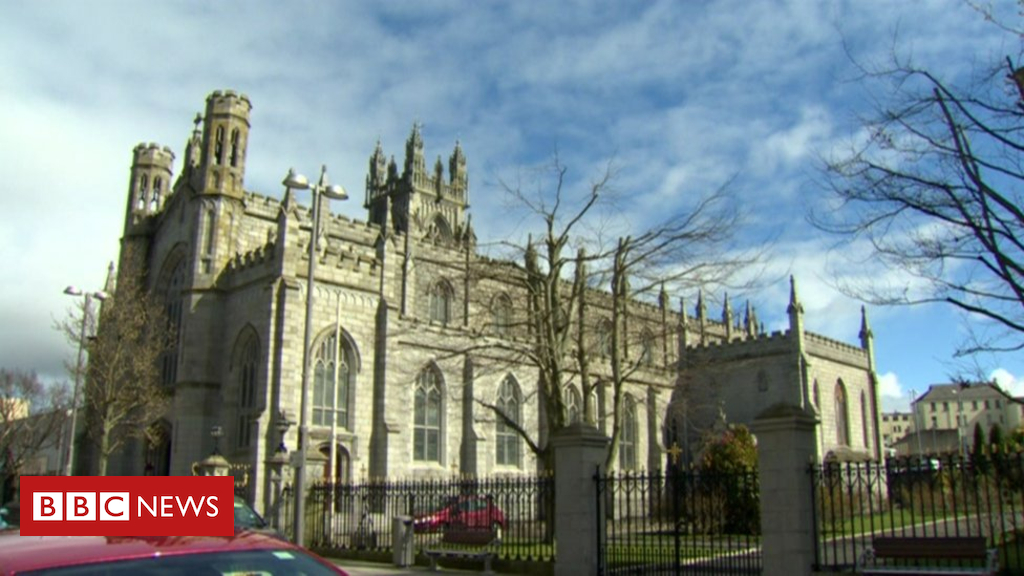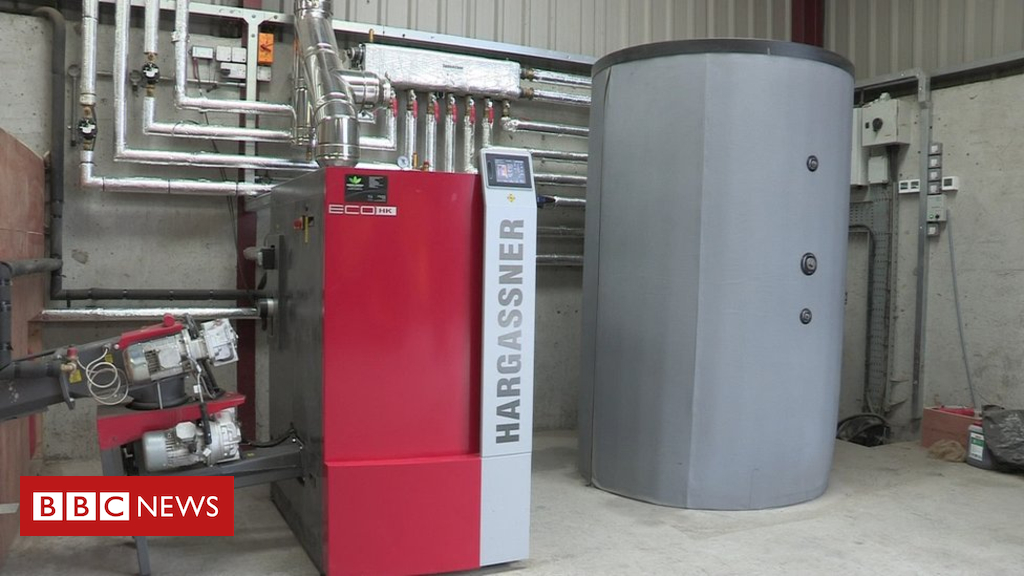
Soaring tuition costs, degrees of dubious value and nonstop student activism have combined to bring public confidence in the ivory tower tumbling down.
Soaring tuition costs, degrees of dubious value and nonstop student activism have combined to bring public confidence in the ivory tower tumbling down.
Even college and university presidents acknowledge that the country is becoming disillusioned with higher education. In a recent survey conducted by Inside Higher Ed and Gallup, 51 percent of institution leaders said the 2016 election “exposed that academe is disconnected from much of American society.”
The erosion of higher education’s brand comes as no surprise to Cornell Law School professor William A. Jacobson. He said the public’s negative perception of academia reflects the “reality of left-wing bias disconnected from American society.”
“Particularly in the humanities and social sciences, many faculty view political activism and indoctrination as a core part of their academic mission,” said Mr. Jacobson, who runs the Legal Insurrection blog. “While they may have the academic freedom to do so, there is a price to pay for the higher educational system.”
When asked to assess which factors are responsible for the negative view of higher education, 86 percent of college and university presidents cited the perception of liberal bias on campus.
Seventy-seven percent said they are worried about the way conservatives view higher education, and 65 percent said the perception that colleges and universities are intolerant of conservative ideas is having a major impact on higher education.
Despite their concern, less than one-third of college presidents agreed that conservative ideas are not tolerated on campus. Only 12 percent said Republican doubts about higher education are justified.
Ninety-eight percent of college presidents said concerns about affordability and student debt are factors contributing to higher education’s image problem, and 95 percent pointed to concerns about whether college education adequately prepares students for careers.
Yet university presidents said economic concerns also have more to do with perception than reality.
Eighty-six percent said the attention paid to student debt has “led many prospective students and parents to think of college as less affordable than it is, taking into account student aid.”
Just 16 percent of institution leaders said Americans have an “accurate view of the purpose of my sector of higher education,” and 14 percent said most Americans have an “accurate view of the purpose of higher education.”
Lanae Erickson Hatalsky, vice president for social policy at Third Way, a left-leaning higher education think tank, knocked campus heads for chalking up dissatisfaction with their institutions to misperception.
“The presidents 100 percent think it’s about perception,” Ms. Erickson Hatalsky told Inside Higher Ed. “There’s little acknowledgment that there might be a kernel of truth” to the public concerns.
The survey suggests that college presidents may have tunnel vision when it comes to their institutions.
Eighty percent of presidents said race relations are “good” or “excellent” on their campuses, and just 1 percent described them as “poor.” But when asked to evaluate race relations in higher education in general, just 20 percent described them as “good” or “excellent,” and 14 percent said they were “poor.”
The Inside Higher Ed/Gallup survey polled 618 college and university presidents from Jan. 3 to Feb. 1.
It builds on studies that have documented a rapid decline in Republican views toward higher education.
A survey released last year by the Pew Research Center shows that just 36 percent of Republicans believe colleges and universities have a positive effect on the way things are going in the country, compared with 58 percent who say they have a negative effect.
Those numbers are nearly reversed from 2010, when 58 percent of Republicans said higher education has a positive effect and 32 percent a negative effect.
Seventy-two percent of Democrats, meanwhile, had a high regard for higher education, which is up slightly from 65 percent in 2010.
Terry W. Hartle, senior vice president for government and public affairs at the American Council on Education, said discontent with higher education has more to do with economics than culture, citing focus groups with Trump voters in Florida and Pennsylvania.
“They overwhelmingly think the value [of a degree] has declined, and they measure value by economic return,” Mr. Hartle told Inside Higher Ed. “They think you don’t need a college education to get a good job, but their own kids are going to go to college, and they think it’s too expensive.”
Mr. Jacobson, the Cornell Law School professor, said the first step for university presidents is to recognize that there is a problem.
“At least a substantial number of university presidents recognize the problem and how it has undermined public confidence in higher ed,” he said. “Whether and what they can do about it is the challenge.”






